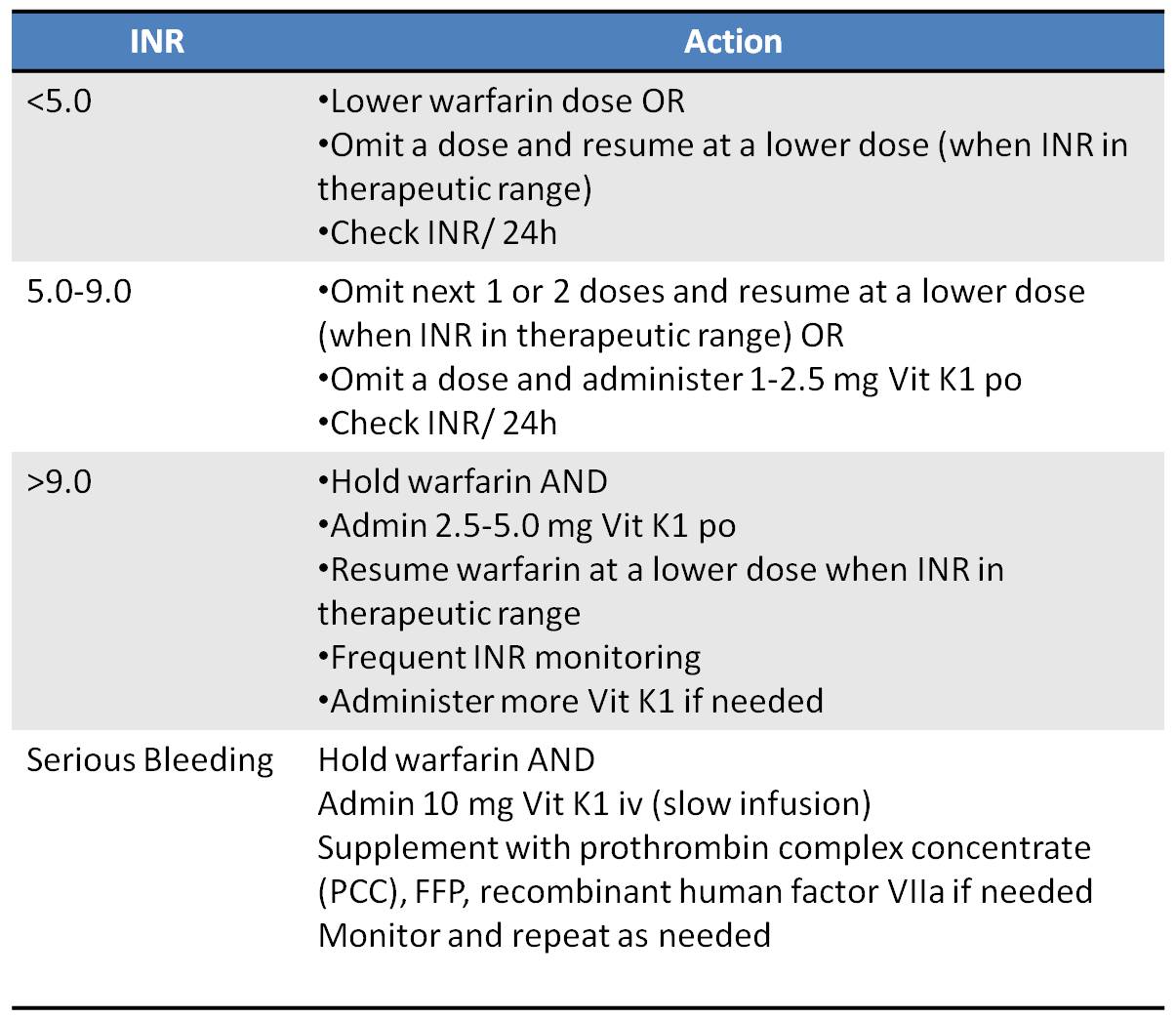

The patient is experiencing severe respiratory depression. Vitamin K can be used to treat toxicity of what medication below?ĥ.

What is an antidote for this medication?Ĥ. A patient is admitted to the hospital with Diazepam overdose. Protamine Sulfate is an antidote for what medication below?ģ. What is the antidote for this medication?Ģ. A patient is experiencing Digoxin Toxicity. Scroll down to see your results.)Īntidotes for Medications NCLEX Quiz Questionsġ. Vitamin K3 (Synkayvite, Roche) is not effective for treating rodenticide toxicity due to its delayed onset of action.(NOTE: When you hit submit, it will refresh this same page. Subcutaneous injection of Vitamin K1 is the preferred parenteral route of administration because intravenous Vitamin K1 can cause anaphylaxis, and hematomas may form at intramuscular sites. Vitamin K for preoperative prophylaxis should be given at 1.1 mg/kg SQ q. In order to prevent relapse, continue therapy for 6 weeks. Taper the maintenance dose by one-half every 2 weeks during treatment. Maintain oral Vitamin K1 at 1.1 mg/kg PO q 12h for a total of 2 weeks. Initiate parenteral Vitamin K1 as for warfarin (2.2 mg/kg SC).Īdminister Vitamin K1 at 1.1 mg/kg SC, q 12h until hematocrit value stabilizes and active bleeding subsides. To treat toxicity from second-generation, or long-acting rodenticides (bromadiolone, brodifacoum, or diphacinone, pindone): Then substitute an oral vitamin K1 preparation (Mephyton) at the same twice-daily dosage. Warfarin is a relatively short-acting rodenticide, and treatment for a total of 1 week usually is adequate.Īdminister an initial dose of Vitamin K1 (Aquamephyton, Merck, Sharp, Dohme), 2.2 mg/kg SC.įollow with a dose of 1.1 mg/kg SC, q 12h, until active bleeding subsides. Other vitamin K deficient states include: biliary obstruction, intrahepatic cholestasis, intestinal malabsorption and chronic oral antibiotic administration.

Vitamin K reverses the anticoagulant effect of rodenticides over a period of 24 to 48 hours from initiation of therapy. It is often initiated pending test results, but maintenance of vitamin K is not indicated for patients having diagnoses of thrombocytopenia, hereditary factor deficiencies, or DIC.Īnticoagulant rodenticide toxicities are the most common cause of severe vitamin K deficiency in dogs and cats. Vitamin K therapy improves hemostasis in Vitamin K deficient patients.


 0 kommentar(er)
0 kommentar(er)
